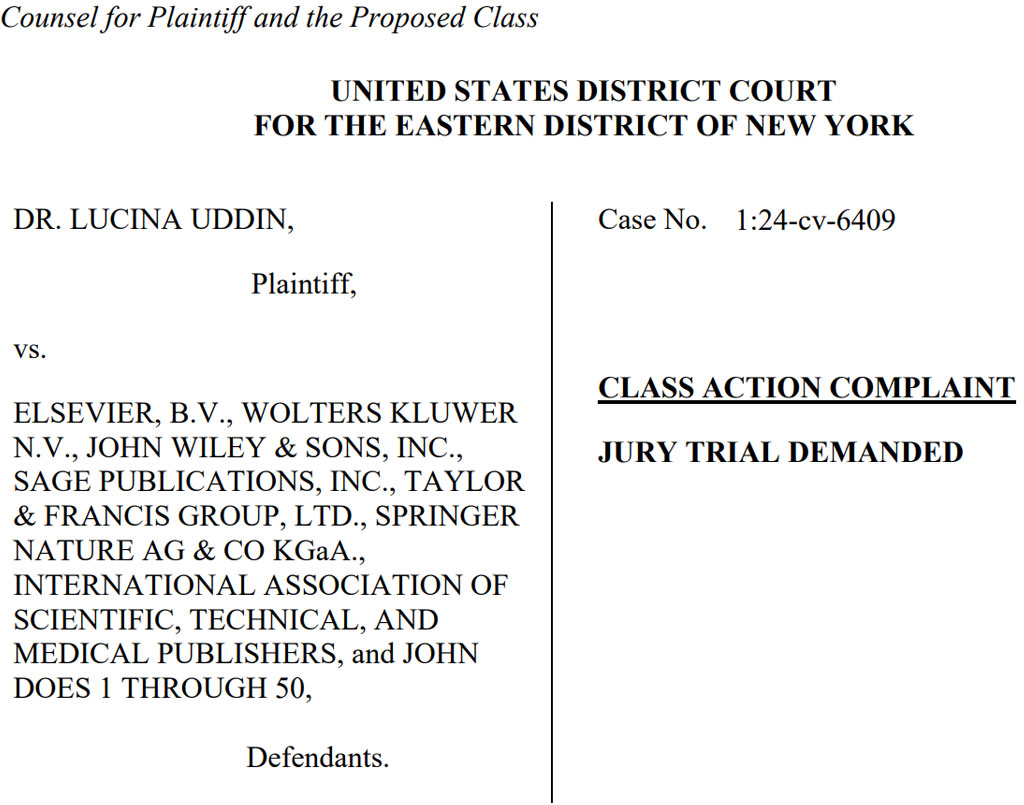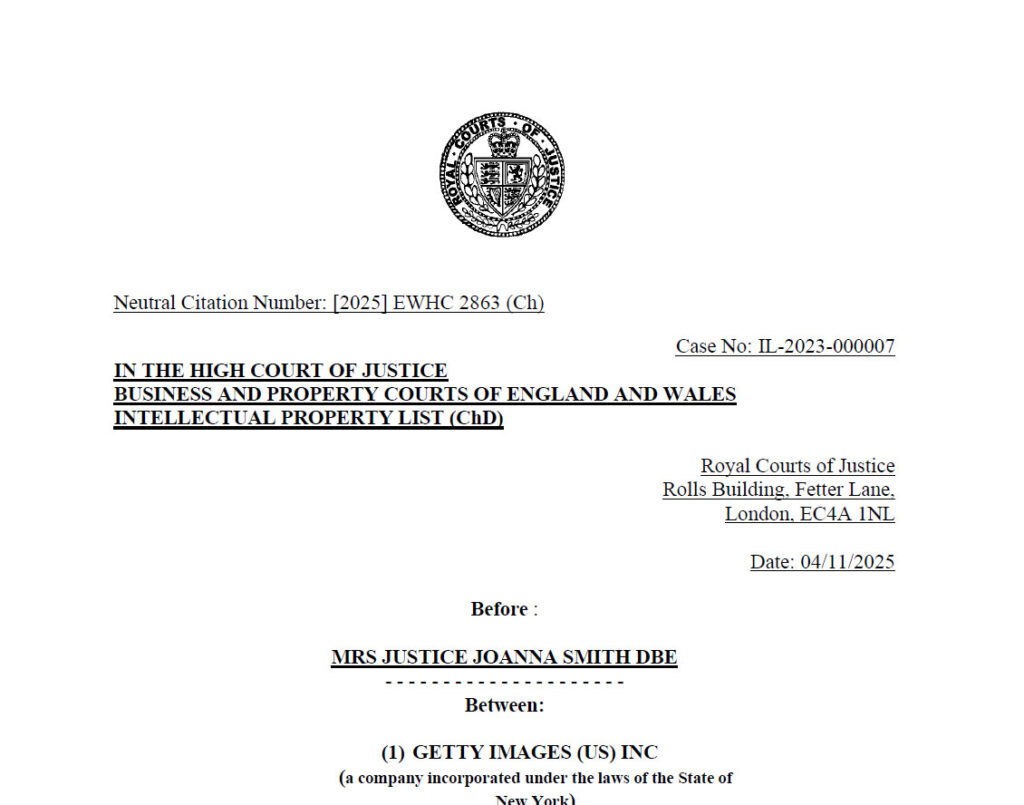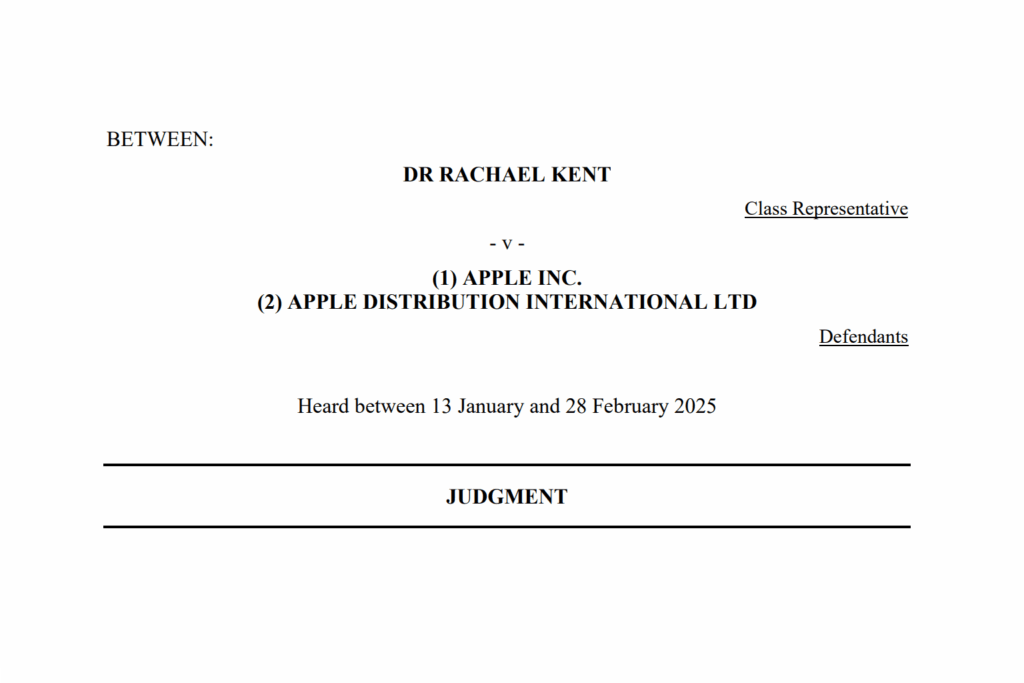On September 12, 2024, Dr. Lucina Uddin, a neuroscience professor at UCLA, filed a landmark class action lawsuit against the six largest for-profit academic publishers and their trade association. The complaint, Uddin v. Elsevier et al., filed in the U.S. District Court for the Eastern District of New York, asserts that the publishers conspired to suppress compensation and restrict competition in academic publishing, which is a potential violation of the U.S. Sherman Act. If successful, this lawsuit could dramatically reshape how academic research is published, reviewed, and disseminated across the globe.
The Defendants and Allegations
The named defendants are:
- Elsevier
- Wiley
- Springer Nature
- Taylor & Francis
- Wolters Kluwer
- SAGE Publications
- STM (International Association of Scientific, Technical and Medical Publishers)
Collectively, these publishers dominate the academic publishing sector, controlling over 50% of peer-reviewed journals and generating more than $10 billion in annual revenue. The complaint alleges that these entities have collusively imposed three interrelated rules that suppress competition and exploit labor:
Allegations
1. Unpaid Peer Review Rule
The complaint asserts that the defendants have agreed not to pay peer reviewers, even though peer review is a vital and time-consuming component of the academic publishing process. Reviewers are typically professors, postdocs, or researchers who must contribute unpaid labor to advance in their careers.
By coordinating this “zero-pay” policy, the plaintiff claims the publishers are fixing the price of peer review labor at $0, which is a classic form of wage suppression prohibited by antitrust law.
2. Single Submission Rule
Authors are required to submit manuscripts to only one journal at a time. If rejected, they must start over elsewhere. According to the complaint, this practice eliminates competition among journals for high-quality manuscripts and allows publishers to delay publication while maintaining market dominance.
3. Gag Rule
Publishers prohibit authors from sharing their own submitted work (e.g., via preprint servers, conferences, or social media) until a journal renders a decision. This restriction limits transparency, slows scientific progress, and consolidates publishers’ control over academic discourse.
The U.S. Sherman Antitrust Act in Context
The legal foundation for this lawsuit is Section 1 of the Sherman Antitrust Act (15 U.S.C. § 1), which prohibits agreements among competitors that restrain trade. The plaintiff alleges that the defendants’ conduct constitutes:
- Horizontal price fixing (e.g., unpaid labor agreements)
- Output restrictions (e.g., single-submission limits)
- Information suppression (e.g., publication gag rules)
These types of agreements, particularly collusive wage-fixing, have historically been treated as “per se unlawful” under antitrust law, meaning they are automatically presumed illegal without the need to prove competitive harm.
In the alternative, the plaintiff requests that the court apply the “rule of reason”, which examines the actual effects of the conduct on competition. Either standard could present significant legal exposure for the defendants if a coordinated scheme is proven.
Class Definition and Scope
The complaint seeks certification of a nationwide class composed of:
“All persons residing in the United States who, since September 12, 2020, have submitted manuscripts or performed peer review for any journal owned by the defendant publishers.”
Given the scale of academic publishing, this class could potentially include hundreds of thousands of researchers, graduate students, and faculty members.
Remedies Sought
The lawsuit asks the court for the following relief:
- Treble damages (as authorized by the Clayton Act for private antitrust plaintiffs)
- Injunctive relief to dismantle the three challenged rules
- Class certification under Federal Rule of Civil Procedure 23
- Attorneys’ fees and costs
If granted, the injunctive relief alone could compel publishers to allow multi-journal submissions, pay peer reviewers, and lift pre-publication gag rules. This could significantly alter the academic publishing business model.
Why This Case Matters
Academic publishing is at the center of knowledge creation and dissemination. Yet, the current system apparently relies heavily on unpaid academic labor, opaque editorial processes, and high subscription costs. The Uddin case may force a long-overdue reckoning: are these publishing practices the result of efficient market forces, or of coordinated restraint of trade?
This case stands to test how U.S. antitrust law applies to intellectual labor markets, a domain that has seen increased scrutiny in recent years, including DOJ enforcement actions against no-poach and wage-fixing agreements in other industries.




